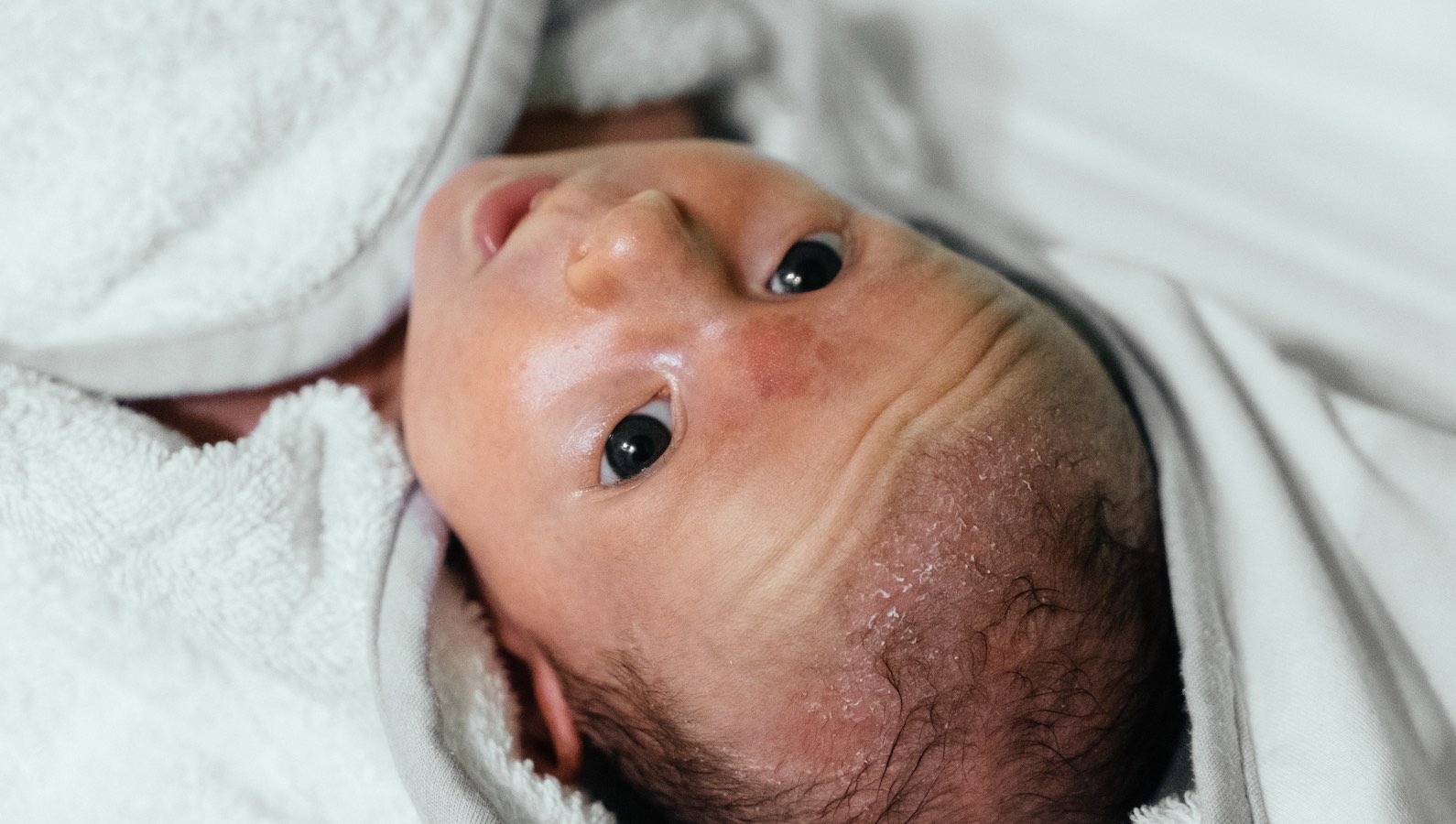How to Bathe a Newborn
Published on 2023-08-01 by y2mango
Bathing is an essential part of your newborn's hygiene routine. Here's how to do it safely and effectively.

Baby covered in blanket after bathing. Credit: Marcin Jozwiak.
When to Bathe a Newborn?
Newborns don't need to bathe every day. In fact, bathing them too frequently can dry out their delicate skin. In the first few weeks, you can sponge bathe your newborn until their umbilical cord stump falls off. After that, you can begin bathing them in a baby tub or sink.
How to Bathe a Newborn?
- Gather supplies: Baby tub/sink, mild baby soap, soft washcloth, baby towel, clean diaper, and fresh clothes.
- Prepare the bath: The water should be comfortably warm around 37-38°C (or, 98-100°F for you Americans). Test temperature with your elbow or wrist.
- Undress and wrap: Remove clothes and diaper, then wrap your baby in a towel for warmth.
- Begin washing: Use a soft washcloth to wet your baby's body, avoiding face and head initially.
- Clean thoroughly: With mild soap, wash from face downward, using a fresh washcloth section for each body part.
- Rinse carefully: Use clean washcloth or cup to remove all soap.
- *Dry gently: Pat dry with a soft towel, paying special attention to skin folds and scalp.
- Dress your baby: Apply fresh diaper and clothes.
Here are some additional tips to keep in mind when bathing your newborn:
- Never leave your baby unattended in the tub or sink, even for a moment.
- Keep the room warm and draft-free during the bath to prevent your baby from getting cold.
- Don't use adult soap, shampoo, or bubble bath on your baby, as they can irritate their delicate skin.
- Use a soft washcloth to clean your baby's face, neck, and ears, and a separate washcloth for their body.
- Use a small amount of baby soap, and avoid getting soap or water in your baby's eyes or mouth.
- Talk to your baby and make eye contact during the bath to help them feel secure and comfortable.
Finally, if you have any concerns or questions, don't hesitate to reach out to your pediatrician or a childcare expert for guidance.
P.S. Want more parenting tips? Look here.